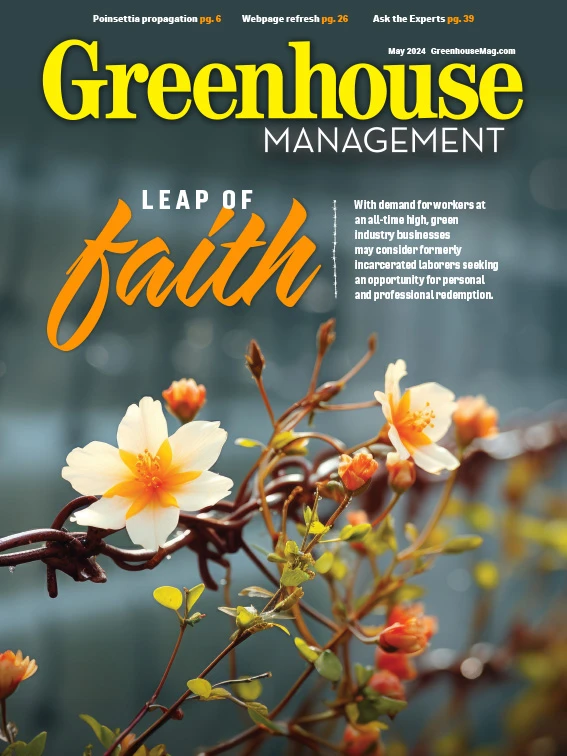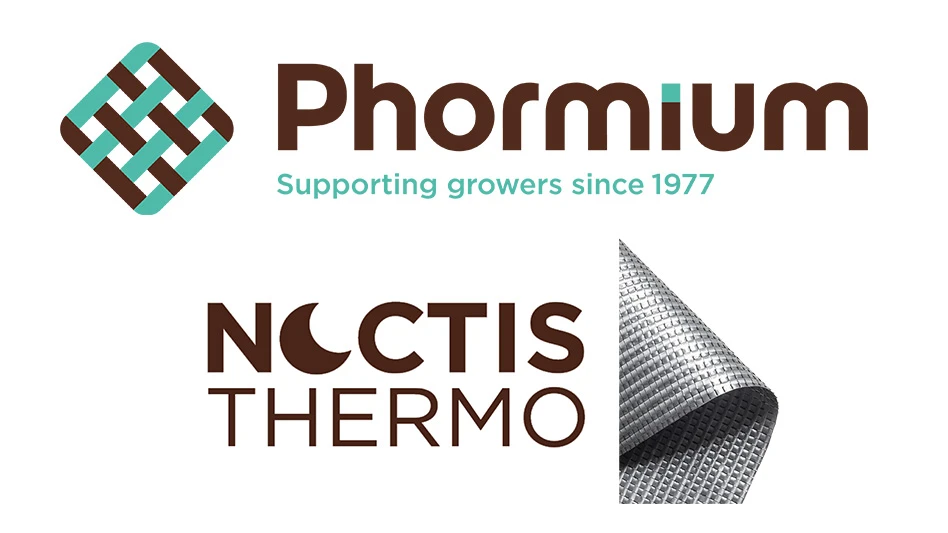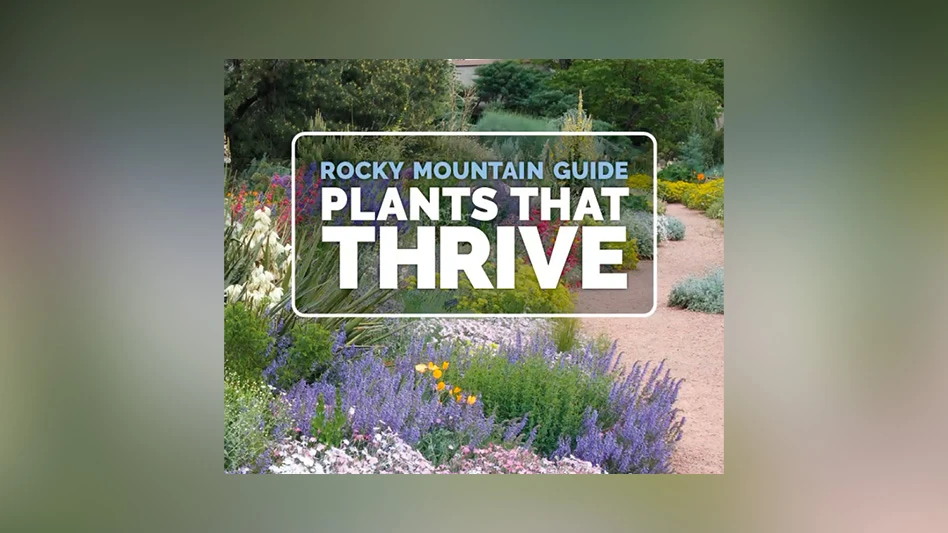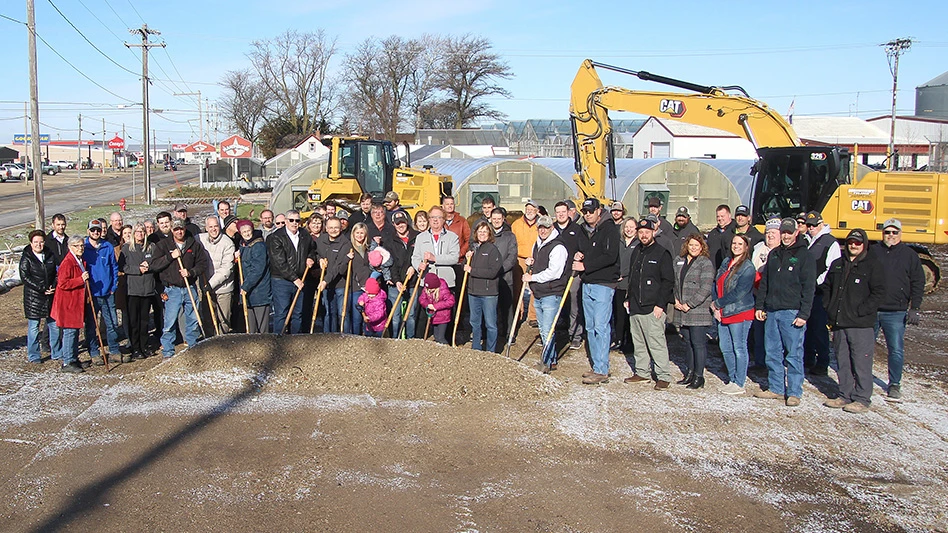
How important is managing container inventory in keeping a lid on waste, and are there best practices for container inventory management that you recommend?
Horticultural containers and trays take up quite a bit of warehouse space and financial overhead, so it’s very important to manage container inventory. One of the best ways to do this is with a closed-loop recycling program. Closed-loop recycling programs can help growers get rid of unwanted horticultural plastic while also giving them peace of mind that old containers are going back into the feed stream to manufacture new horticultural containers and trays. As a best practice, we recommend that during the recycling sorting process, growers identify polypropylene trays that can be reused in future seasons.
It seems inevitable that there will be damaged pots at some point during greenhouse production. How would you recommend reducing that damage and managing breakage?
There are many factors that go into storing horticultural containers. We suggest growers contact their horticultural container suppliers to identify the best way to package the horticultural containers for specific environments. We also suggest growers keep pallet and case labels until they have fully inspected the product.
I want to introduce a closed-loop recycling program to my operation. What’s the first question I need to answer before getting started?
Growers should start by asking what they can do to maximize the return on investment for implementing a closed-loop recycling program. We encourage growers to reach out to our team at East Jordan Plastics for details on how to get involved in our closed-loop recycling program.
Is a closed-loop recycling program expensive to get started? Are there any eventual cost savings?
There are initial startup costs to participate in a closed-loop recycling program. Labor is probably the cost we hear about the most. One tip we often give growers interested in maximizing the long-term financial benefits of a closed-loop recycling program is to invest in a baler. A baler will help condense recycling materials and maximize space on trailers.
If I am recycling none or only some of my pots, what are the biggest hurdles to transitioning to a fully closed-loop recycling program, and how do I position my business to overcome them?
We’ve heard over the past couple years that available labor for sorting is one of the biggest hurdles to participating in a closed-loop recycling program. Although a deterrent, we encourage growers to overcome this hurdle because once they commit to the program, they’ll see the long-term benefits of being able to reuse polypropylene trays and get paid for recycling their horticultural plastic.
Aside from reducing plastic in the waste stream, are there any other benefits to managing my waste and implementing a closed-loop recycling program?
Yes, one of the major benefits of a closed-loop recycling program is the ability to reuse polypropylene trays for multiple years. During the sorting process, many growers can identify trays that can be reused in future seasons. Also, if they follow our process, growers can get paid by East Jordan Plastics for their used horticultural plastic.

Explore the May 2024 Issue
Check out more from this issue and find your next story to read.
Latest from Greenhouse Management
- This month's Greenhouse Management magazine is about native plants and sustainability
- The HC Companies, Classic Home & Garden merge as Growscape
- Terra Nova releases new echinacea variety, 'Fringe Festival'
- Eason Horticultural Resources will now officially be known as EHR
- BioWorks receives EPA approval for new biological insecticide for thrips, aphids, whiteflies
- ScottsMiracle-Gro transfers cannabis subsidiary to focus on core lawn and garden business
- Should we start calling natives 'eco-beneficial plants'?
- Ellen Mackenbach-Lakeman appointed new CEO of Dümmen Orange





